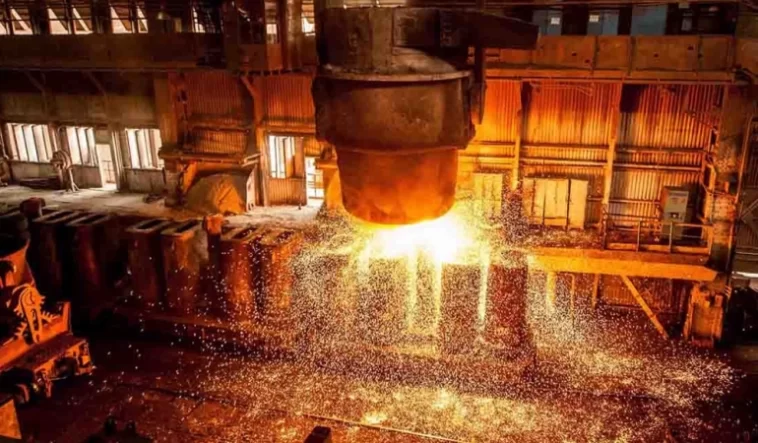CEO of FF Steel Zarak Khan Khattak stated in an interview with SDTV that a circular issued by the central bank in December authorised commercial banks to open LCs for vital goods and export-oriented sector on a preferential basis, but verbally forbade LCs for the import of steel scrap.
According to Khattak, steel scrap is the primary raw material used by the steel industry, and the sector would not be able to operate without it. He emphasised that larger steel mills can continue to operate through the middle of February with the availability of scrap steel, but after that point they will shut down. The smaller steel mills have already begun to close.
According to Khattak, the average monthly import expenditure for steel scrap is just $150 million, or 2% of Pakistan’s total monthly import bill. He bemoaned the fact that import limitations have been placed on steel scrap, which is essential to the steel sector, yet luxury cars continue to be brought in.
He cautioned that if the steel industry collapses, over 7 million jobs might be at risk as a result of the collapse of the construction, cement, real estate, and many other industries.
It is important to note at this point that the steel sector has often brought up the problem of LCs that haven’t been opened in recent weeks.
Production delays and financial losses for businesses have occurred as a result of the shortage of raw materials brought on by the SBP’s refusal to establish LCs, according to the Pakistan Association of Large Steel Producers (PALSP).
The importance of the steel industry to the national economy was also emphasised by PALSP Secretary General Wajid Bukhari in a recent statement. He urged the government and the SBP to take prompt measures to end the crisis and safeguard the sector.


